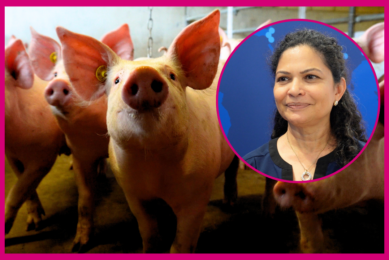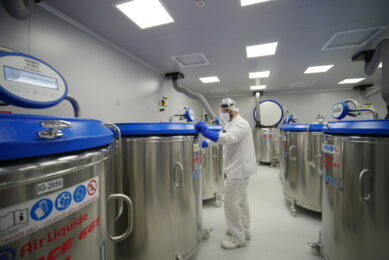Eli Lilly to acquire Novartis Animal Health

Eli Lilly announced an agreement to acquire Novartis Animal Health for approximately $5.4 billion in an all-cash transaction that will strengthen and diversify Lilly’s own animal health business, Elanco.
Upon completion of the acquisition, Elanco will be the second-largest animal health company in terms of global revenue, will solidify its number two ranking in the US. With a presence in approximately 40 countries and 2013 revenue of approximately $1.1 billion. Lilly will acquire Novartis Animal Health’s nine manufacturing sites, six dedicated research and development facilities, a global commercial infrastructure with a portfolio of approximately 600 products, a robust pipeline with more than 40 projects in development, and an experienced team of more than 3,000 employees.
Under the terms of the agreement, Lilly will acquire all assets of Novartis Animal Health for a total purchase price of approximately $5.4 billion, including anticipated tax benefits. Lilly plans to fund this acquisition with approximately $3.4 billion of cash-on-hand and $2.0 billion in debt to be issued. No other financial terms of the transaction are being disclosed. The transaction is expected to close by the end of the first quarter of 2015, subject to clearance under the Hart-Scott-Rodino Antitrust Improvements Act, similar requirements outside the US, and other customary closing conditions. The transaction is not subject to any financing conditions.
Financial expectations
By improving efficiencies and reducing costs across both Elanco and Novartis Animal Health, Lilly expects to achieve estimated cost savings of approximately $200 million per year within three years of deal closing, equating to more than 10 percent of operating expenses from the combined animal health businesses. Excluding the amortization of intangibles, Lilly expects the combined entity to achieve EBIT as a percent of revenue in the mid-20 percent range by 2018. The company expects the transaction to be accretive to earnings on a cash basis beginning in 2016, excluding integration costs. The timing of accretion on a GAAP basis is dependent upon final purchase accounting. The acquisition is not expected to change the company’s dividend policy or current share repurchase program.











